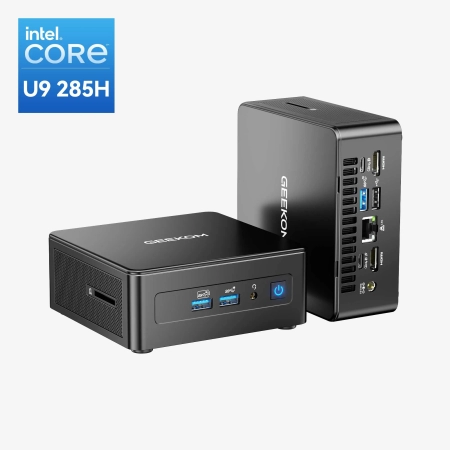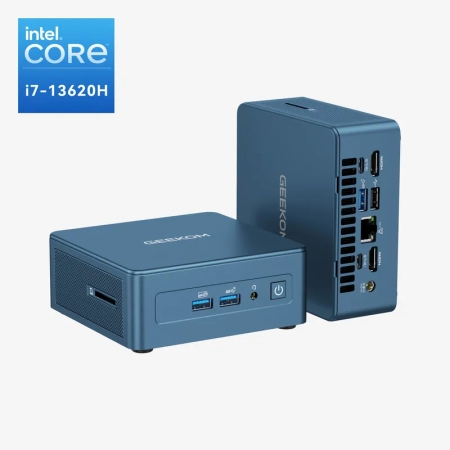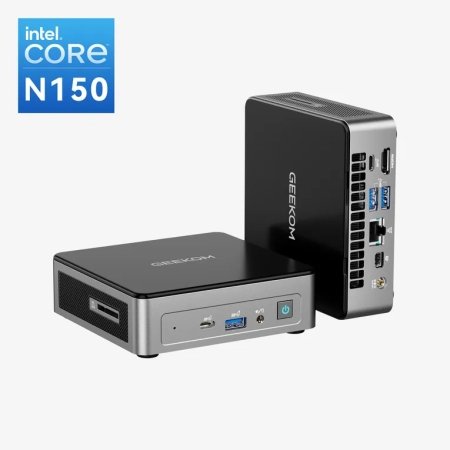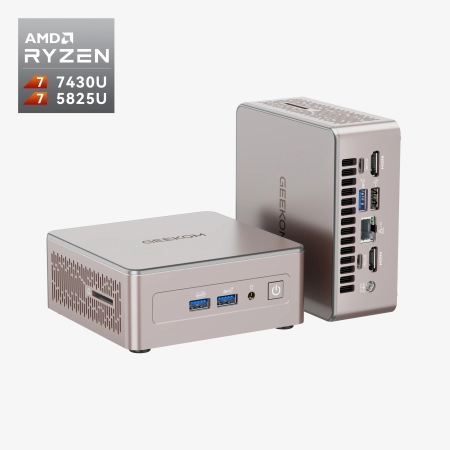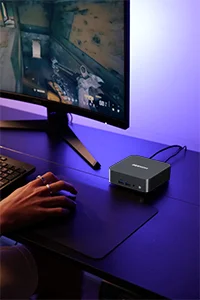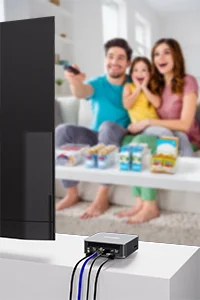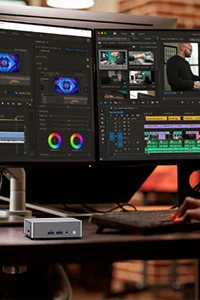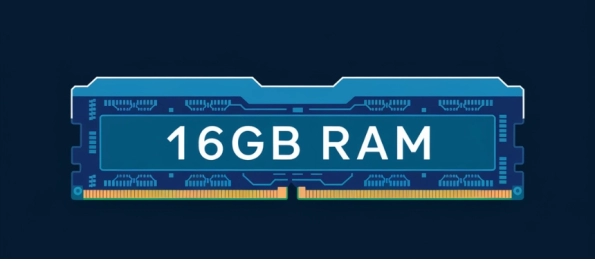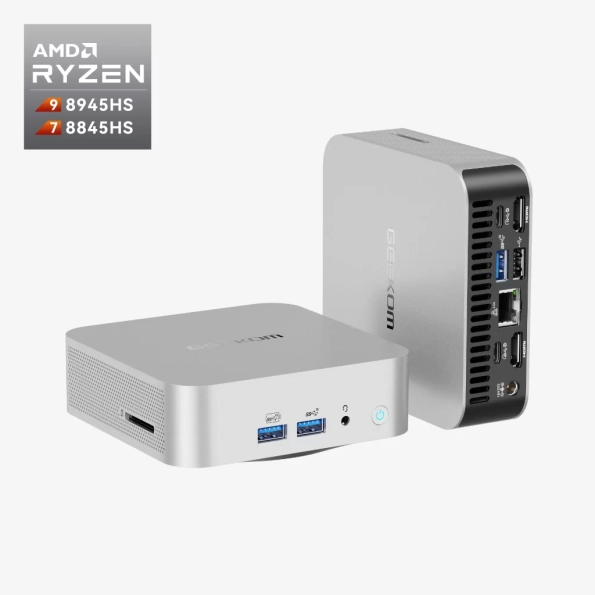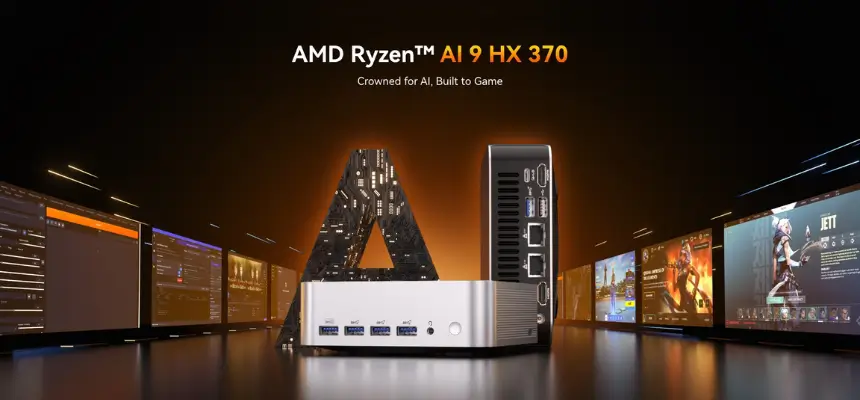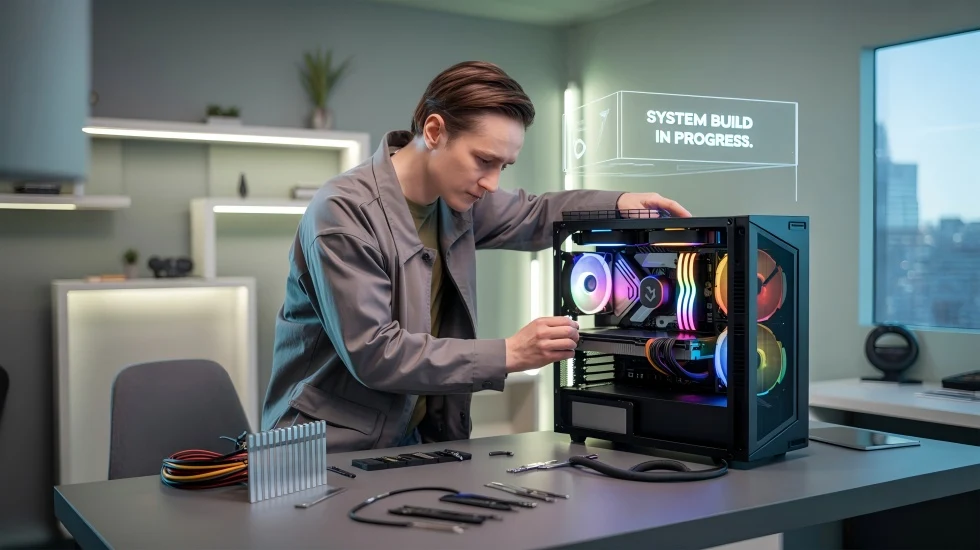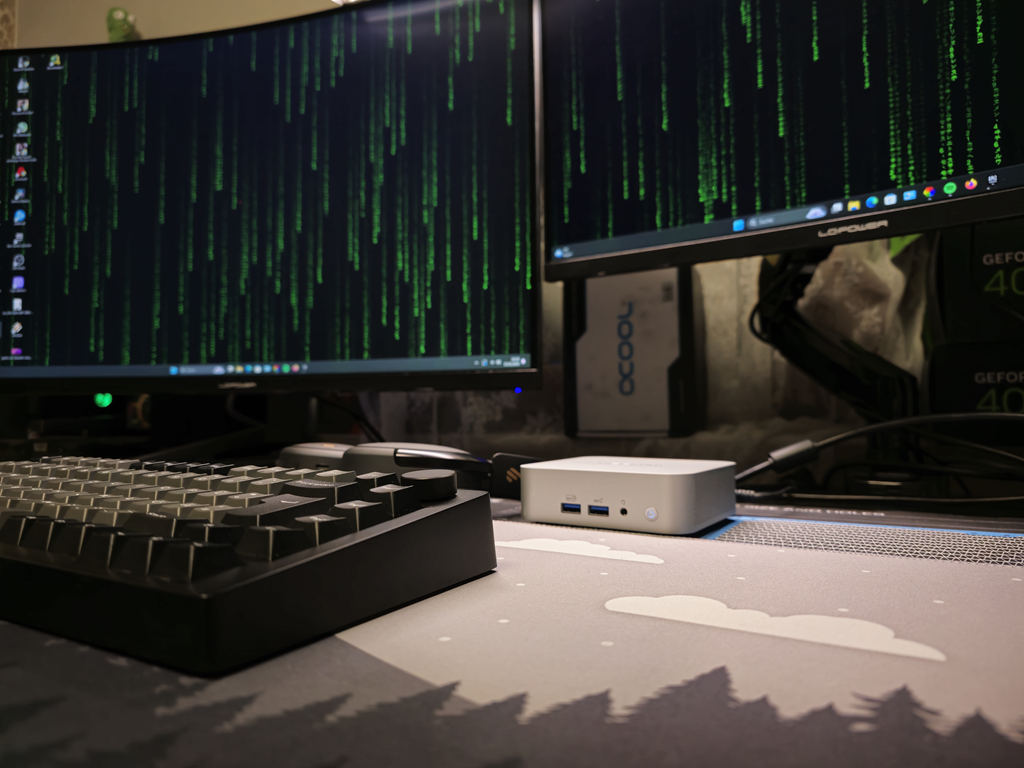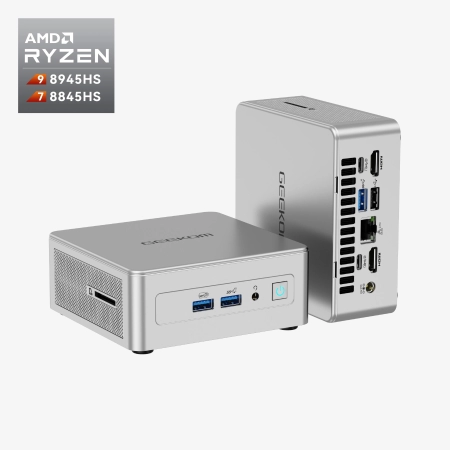Introduction to Gaming PC Requirements
When building or upgrading a gaming PC, understanding the system requirements is crucial for achieving the best gaming performance. One of the most important hardware components to consider is how much RAM your system needs. Random access memory (RAM) acts as a high-speed workspace for your computer, allowing games to load assets quickly and run smoothly, especially when playing games with high graphics settings or complex environments.
For most modern PC gaming setups, 16GB of RAM has become the recommended minimum, providing a good balance between cost and performance. This amount of memory is generally enough to meet the system requirements of current games, support multitasking, and handle background tasks without significant performance loss. However, the ideal amount of RAM can vary depending on the types of games you play, the graphics settings you prefer, and whether you plan on upgrading your system in the future.
Choosing the right RAM capacity ensures your gaming PC can keep up with demanding applications, reduce load times, and deliver a smoother gaming experience. As game developers continue to push the boundaries of graphics and gameplay, having enough memory is essential for both current and future games. Whether you’re building a new PC or upgrading an existing one, considering how much RAM you need is a key step in optimizing your system for gaming performance.
Is 16GB RAM reliable in 2025?
Many users agree that Random Access Memory (RAM) is essential for having the best experience when playing computer games. The amount of RAM essential to run the latest games smoothly is increasingly asked every day. Gamers with higher stakes, like the affirmed number of active games available to them, often opt to have 16GB of RAM, knowing it can run today’s games.
Why does RAM affect game performance? This article will help you figure out if 16GB of RAM is right for a gaming setup. Before you set up your gaming system, read this guide to get a better idea of how memory affects gaming. It’s important to consider how much memory you need based on your gaming habits and whether you also use your PC for other tasks like professional work or general use.
Is 16GB RAM Enough For Gaming?
When determining whether 16GB of RAM is sufficient for gaming, you may consider the minimum and recommended memory requirements for modern games. While some games released earlier require as little as 8GB of RAM to run smoothly, some of the latest AAA-rated games in recent years and even after 2025 recommend at least 16GB of RAM for better performance. This is so that you may keep a rather constant frame rate while playing the game since 16GB of RAM guarantees the game has enough memory to load assets and manage challenging scenarios.
If you enjoy gaming, running games at higher settings with less possibility for performance problems comes from matching your computer with 16GB of RAM. With more available memory, games can store more data in memory, which reduces load times and minimizes lag or freezing during gameplay. In addition, 16GB of memory provides a buffer for future versions of the game that may require more memory.
However, in some cases, 16GB of memory might not be enough. If you want to run memory-heavy mods or do a lot of things at once while gaming, like live streaming or running a lot of apps in the background, you might need 32GB RAM or more to keep your performance from slowing down.
Is 16GB RAM good for Fortnite? For Fortnite to run smoothly, your computer needs to have at least 8GB of RAM, which is also what the developers recommend. Some people still want 16GB of RAM because it gives them more space to do other things and makes sure their gaming experience is always smooth. This is especially true if they want to make their system future-proof or run the game at the highest settings.
Here’s an updated table comparing the minimum and recommended RAM requirements for some popular games:
| Game | Minimum RAM | Recommended RAM |
| Fortnite | 4GB | 8GB |
| Cyberpunk 2077 | 12GB | 16GB |
| Red Dead Redemption 2 | 8GB | 12GB |
| Black Myth Wukong | 16GB | 32GB |
| Assassin’s Creed Valhalla | 8GB | 16GB |
As you can see from the table, different games have different minimum RAM requirements. However, 16GB RAM is still a good choice for most games.
so, How much RAM Do you Need For Gaming?
How RAM Affects Gaming Performance
Some factors affect how much RAM you need for gaming, so consider these aspects when deciding if 16GB RAM is enough.
Additionally, using faster RAM can improve gaming performance in some cases, especially with certain chipsets like AMD Zen. However, faster RAM is not always required for all gaming scenarios.
Game genres and their RAM demands
Different types of games need different amounts of RAM. Some games that use a lot of memory are strategy games and open-world RPGs. This is because they have a lot of assets and complicated game mechanics. Some types of games, like 2D platformers and independent games, may need less RAM, though.
Impact of gaming resolution and graphics settings on RAM usage
The resolution and graphics settings you use for games can greatly affect how much RAM you use. To store and process the extra data that comes with higher resolutions and more detailed graphics settings, you need more RAM. For example, playing games at 4K resolution and ultra graphics settings will need more RAM than playing games at 1080p resolution and medium graphics settings. If you want to play games with higher resolutions or advanced graphics features like anti-aliasing and high-resolution textures, getting at least 16GB of RAM can help things run more smoothly.
Multitasking while gaming
Multitasking while gaming, such as streaming, surfing the web, or using voice chat apps at the same time, can use more RAM. Each extra app runs simultaneously as your game uses up some of your available RAM. Since you probably do a lot of other things at the same time as playing games, 16GB of RAM should be enough for light games without slowing down your computer, but 32GB or more is better.
Can a 16GB RAM run all games?
It is possible that 16GB RAM will not work perfectly with all games, especially at the highest settings, but it should be enough to run most modern games right now. Some games may run better with 32GB of RAM or more if you plan to use high-resolution texture packs, mods, or do a lot of different things at once. This is because 16GB RAM is a good balance between price and performance for most gamers. It can handle a lot of different games and gaming situations.
Monitoring and Optimizing RAM Utilization
To get the most out of your gaming PC, it’s important to monitor and optimize your RAM usage. Knowing how much RAM your system is using while playing games can help you identify potential bottlenecks and ensure you have enough memory for a smooth gaming experience. Tools like Windows Task Manager or third-party resource monitors allow you to track RAM usage in real time, making it easier to spot when you’re running low on available memory.
Optimizing RAM utilization often starts with closing unnecessary background programs and browser tabs, which can free up valuable memory for your games. Adjusting in-game graphics settings can also help reduce RAM usage, especially in memory-hungry titles like Microsoft Flight Simulator, which may require more than 16GB of RAM to run smoothly at ultra settings. If you notice lag, crashes, or slow load times, it may be a sign that your system doesn’t have enough RAM for the games or programs you’re running.
By regularly monitoring your RAM usage and making small adjustments, you can prevent performance loss, reduce the risk of crashes, and ensure your games run smoothly. This proactive approach helps you get the best possible gaming performance from your system, whether you’re playing the latest AAA titles or multitasking with multiple applications in the background.
How RAM Should Be Chosen After 2025
You should think about both the needs of now and the needs of the future when you building or upgrading a gaming setup. Future-proofing your setup for gaming with the right amount of RAM will make sure that your system can handle new games and other technological advances.
New games are coming out soon, and how much RAM do they usually need
Future games are likely to need more RAM as the developers push the limits of graphics and gameplay difficulty. Although it is hard to say for sure what RAM requirements upcoming games will have, 16GB RAM should remain a good starting point for a while. If you want to play cutting-edge games or make sure your system is ready for the next generation of games, though, 32GB RAM or more might be a good idea.
Why buying 32 GB or more RAM is a good idea
Getting 32GB RAM or more is a good idea for gamers for several reasons. Now that you have more RAM, you can run memory-heavy games and programs without worrying about slowdowns. Plus, more RAM lets you do more things at once, so you may run more demanding programs at the same time. Having at least 32 GB RAM can help your workflow and productivity if you make content or stream.
Keeping RAM and other hardware parts in balance
Even though RAM is important for gaming, you should also consider buying other hardware at the same time. For a smooth time playing games, you need a high-end graphics card, a powerful processor, and a fast storage solution. When planning for the future of playing games, think about your budget and the upgrades that will have the biggest effect on your current gaming needs.
The table below compares the advantages of different memory capacities
| RAM Capacity | Benefits |
| 16GB | Sufficient for most current games and multitasking scenarios |
| 32GB | Enhanced performance for demanding games and heavy multitasking |
| At least 64GB | Ideal for professional content creation and extreme multitasking |
Whether or not to add more than 16GB RAM to some gaming setup depends on your long-term goals, your budget, and the games and apps you want to use.
How To Optimize RAM When You Play Games
If you want to get the most out of your RAM for gaming, you need to know how to make it work better. You can make sure that your RAM works well and quickly by following some best practices and configurations.
Use the dual-channel configuration
A dual-channel configuration of RAM is one of the best ways to get the most out of your memory, and this is how most people use it. When you install memory sticks in pairs for dual-channel RAM, the system can access two memory sticks at the same time. Compared to a single-channel configuration, this multi-channel arrangement can significantly increase memory bandwidth and general performance. If you are installing memory, be sure to keep an eye on the motherboard specifications as well as the memory specs; you will want to consult the motherboard manual (ask the service provider where you bought the motherboard); this will help you ascertain the appropriate slot for dual-channel operation.
Related Post: Dual Channel vs Single Channel: A Performance Evaluation.
RAM speed and latency
Beyond capacity, RAM speed and latency also affect how well games run. Higher RAM speeds, which are measured in megahertz (MHz), can speed up the transfer of data, which can cut down on load times and boost frame rates. Less latency, which is measured in CL (CAS Latency), can also help games run faster by cutting down on the time it takes for the RAM to respond to processor requests. For best gaming performance, you can look for modules with high speeds (3200MHz or higher) and low latency (CL14 or lower).
Overclocking RAM for better performance
To get better performance, overclocking RAM means pushing the memory modules faster and with more timing than they were designed to work with. Although overclocking can make games run better, it also has risks, such as making the system unstable and possibly breaking the hardware. If you want to overclock your RAM, you should look into the safest overclocking levels for your RAM modules and motherboard. Also, make sure your system has enough cooling to handle the extra heat that overclocked RAM creates.
Here’s a table comparing the impact of RAM speed and latency on gaming performance:
| RAM Speed | Latency | Gaming Performance Impact |
| 2400MHz | CL15 | Baseline performance |
| 3200MHz | CL16 | Moderate improvement |
| 3600MHz | CL14 | Significant improvement |
Making sure that your 16GB RAM setup is running at its best and choosing modules with the right mix of speed and latency will help you get the most out of your gaming experience.
Which Budget RAM Is Right For You?
Building or upgrading a gaming PC calls for careful making of budgets and allocating resources. Your financial situation and gaming priorities will determine whether you choose 16GB RAM or higher capacity.
Cost differences between 16GB and higher RAM capacities
The brand, capacity, and speed all affect RAM’s cost. Sometimes, 16GB RAM kits are less expensive than either 32GB or 64GB models. The price difference can be significant; higher-capacity kits sometimes run twice as expensive or more than 16GB kits. Nonetheless, RAM prices change with time, thus it is always a good idea to check prices from several stores and producers.
How to get the best deal that fits your needs
Think about your specific wants and needs when looking for the best deal on many gaming setups. As long as you do not play very demanding games or do a lot of different things at once, a 16GB RAM kit might be the best choice for you in terms of price and performance. Buying a higher-capacity kit may be worth the extra money, though, if you want to run memory-hungry programs or make sure your setup will work in the future.
Prioritizing RAM in your gaming build budget
When planning your gaming build budget, it is important to find a good balance between RAM and other important parts like the processor, graphics card, and storage. While 16GB of RAM is usually enough for most gaming situations if you are on a tight budget, it might be better to put your money toward a more powerful graphics card or processor. If your budget allows it, you can always add more RAM later to make your system run even better.
Is 16GB RAM enough for a gaming laptop?
16GB of RAM is often thought to be the best balance between performance and price for gaming laptops. When it comes to upgrades, gaming laptops do not have as many options as desktop PCs, so it is important to pick a configuration that meets both your current and future needs. With 16GB of RAM, a gaming laptop should be able to handle most modern games and multiple tasks well. If your budget allows, getting 32GB of RAM or more may be better if you want to use your gaming laptop for hard jobs like editing videos or 3D rendering.
Glossary of RAM-Related Terms
Understanding the terminology around RAM and gaming PCs can help you make informed decisions when upgrading or building your system. Here’s a handy glossary of key RAM-related terms:
- RAM (Random Access Memory): Temporary, high-speed storage that your computer uses to quickly access data needed for running games and programs.
- RAM Speed: Measured in megahertz (MHz), this determines how fast data can be transferred to and from the RAM, impacting gaming performance and load times.
- RAM Capacity: The total amount of RAM installed in your system, measured in gigabytes (GB). Common capacities include 8GB, 16GB, and 32GB of RAM.
- RAM Modules: Individual sticks of RAM that can be installed in your computer’s motherboard.
- RAM Usage: The amount of RAM currently being used by your system and applications, which can be monitored to optimize gaming performance.
- Dual-Channel RAM: A configuration where two RAM modules work together to increase memory bandwidth, resulting in better performance compared to a single stick.
- Memory Bandwidth: The rate at which data can be transferred between the RAM and CPU, affecting how quickly games and demanding applications run.
- Memory Hungry Programs: Applications like video editing software or modern games that require more RAM to run smoothly.
- Graphics Settings: In-game options that control visual quality; higher settings often require more RAM and better hardware resources.
- Game Developers: The creators of games, who specify minimum and recommended RAM requirements for optimal performance.
- Game Engines: Software frameworks used to build and run games, influencing how much RAM is needed.
- Modern Games: Recent game releases that typically require more RAM and advanced hardware components.
- 16GB of RAM: The current standard for most gaming PCs and gaming laptops, offering enough memory for most games and multitasking.
- Hardware Components: The physical parts of a gaming PC, including RAM, CPU, GPU, and storage devices.
- Hardware Resources: The collective computing power and memory available to run games and programs.
- Browser Tabs: Multiple web pages open at once, which can consume RAM and impact system performance.
- Enough RAM: The amount of memory required to run games and applications without lag or performance loss.
- RAM Requirements: The minimum and recommended RAM specified by game developers and system manufacturers.
- 32GB of RAM: A higher RAM capacity that supports heavy multitasking, content creation, and future-proofing for upcoming games.
- Game Launchers: Programs that manage and launch your games, which can also use RAM in the background.
- 16GB RAM: A common configuration for gaming laptops and desktops, balancing price and performance.
- Save Money: Upgrading RAM is often a cost-effective way to boost gaming performance without replacing your entire PC.
- Enough Memory: Sufficient RAM to run games and programs smoothly, supporting multitasking and background tasks.
- Ultra Settings: The highest graphics settings in games, which demand more RAM and powerful hardware.
- Future Proof: Ensuring your system has enough RAM and resources to handle future games and software updates.
- Web Browsers: Applications for accessing the internet, which can use significant RAM, especially with many browser tabs open.
- Supports Multitasking: The ability of your system to run multiple applications at once, which depends on available RAM.
- High Resolution Textures: Detailed graphics in games that require more RAM and a good graphics card.
- Current Games: Recently released games that often have higher RAM and system requirements.
- Gaming Experience: The overall quality and smoothness of playing games, influenced by RAM, CPU, GPU, and other hardware.
- Better Performance: Faster load times, higher frame rates, and smoother gameplay achieved by having enough RAM and balanced hardware.
- System Requirements: The minimum and recommended hardware specifications needed to run games and applications.
- Available RAM: The portion of installed RAM that is free for use by games and programs.
- Background Tasks: Programs running in the background, such as antivirus or chat apps, which can use RAM and affect gaming performance.
- Good CPU: A powerful processor that, when paired with enough RAM, ensures optimal system performance.
- Multiple Applications: Running several programs at once, which increases RAM usage and requires more memory.
- Single Stick: Using only one RAM module, which can limit memory bandwidth compared to dual channel RAM.
- Run Smoothly: The ability of your system to play games and run programs without lag, stutter, or crashes.
- Demanding Applications: Programs like video editing or ray tracing games that require more RAM and hardware resources.
- Ray Tracing: An advanced graphics technique that enhances visual realism but can increase RAM and GPU requirements.
- Minimum Requirements: The lowest hardware specifications needed to run a game or application.
- Games/Gaming/Game: Interactive software that requires varying amounts of RAM and system resources to run well.
- Gamers/Gamer: Individuals who play games and benefit from having enough RAM and hardware resources.
- Productivity Applications: Software for work or creative tasks, such as office suites or video editing, which can be memory intensive.
- Minimal Amount: The least amount of RAM needed to run a game or application, as specified by system requirements.
- Performance Loss: Reduced system speed or responsiveness, often caused by insufficient RAM or overloaded hardware.
- Load Times: The time it takes for games or programs to start, which can be improved with more RAM.
- PC/Computer: A personal computer that can be customized and upgraded for better gaming performance.
- Good Balance: Achieving the right mix of RAM, CPU, and GPU for optimal gaming and system performance.
- Content Creation: Tasks like video editing or graphic design that require more RAM and powerful hardware.
- Best Deal: The most cost-effective way to upgrade or build a gaming PC, balancing performance and budget.
- Frame Rates: The number of frames displayed per second in a game, which can be improved with more RAM and better hardware.
- Upgrade/Upgrading/Upgrades: The process of adding or replacing hardware components, such as RAM, to improve system performance.
- Recommended RAM Requirements: The amount of RAM suggested by game developers for the best gaming experience.
- System/Systems: The overall configuration of your gaming PC, including all hardware components.
- CPU: The central processing unit, which works with RAM to deliver fast and responsive gaming performance.
- Performance: The speed, responsiveness, and overall capability of your gaming PC, influenced by RAM and other hardware.
- Windows: The most common operating system for gaming PCs, with its own RAM and system requirements.
- Programs: Software applications that use RAM and system resources to run.
- Playing/Play: Running games or applications on your gaming PC, which relies on having enough RAM and hardware resources.
- Hardware: The physical components of your gaming PC, including RAM, CPU, GPU, and storage.
- Videos/Video: Digital content that can require significant RAM and system resources for editing and playback.
Familiarizing yourself with these terms will help you make smarter choices when upgrading your gaming PC, ensuring you get the best deal and the best possible gaming experience.
Is 16GB RAM Right For You?
For the latest gaming requirements, 16GB RAM is plenty and strikes a compromise between cost and performance. Its memory allows future game releases, demanding games, and multitasking. RAM needs may be influenced, though, by game genres, graphics settings, and personal tastes.
Deciding whether 16GB RAM is sufficient for a gaming setup will depend on your present, future, and financial situation. 16GB RAM could be perfect for a low budget or inclination for simpler games. Running memory-intensive apps, multitasking, or wanting to future-proof your setup might make 32GB RAM more interesting.
Of course, you can choose a mini computer with 32GB of RAM.
- AMD Ryzen™ 9 8945HS or Ryzen™ 7 8845HS.
- AMD Radeon™ 780M graphics card.
- Dual-channel DDR5 5600MT/s, up to 64 GB.
- M.2 2280 PCIe Gen 4 x 4 SSD, up to 2TB.
- Wi-Fi 6E and Bluetooth® 5.2.
A flawless gaming experience depends on the proper mix of RAM capacity, speed, latency, and some other else hardware components. Knowing your budget and gaming requirements will help you determine whether 16GB RAM is appropriate for you.
Periodically check the performance of your system and upgrade components as new games are published and technology develops to maximize your gaming experience.


